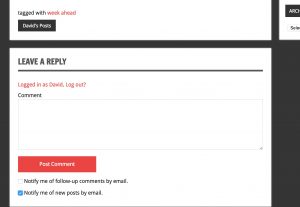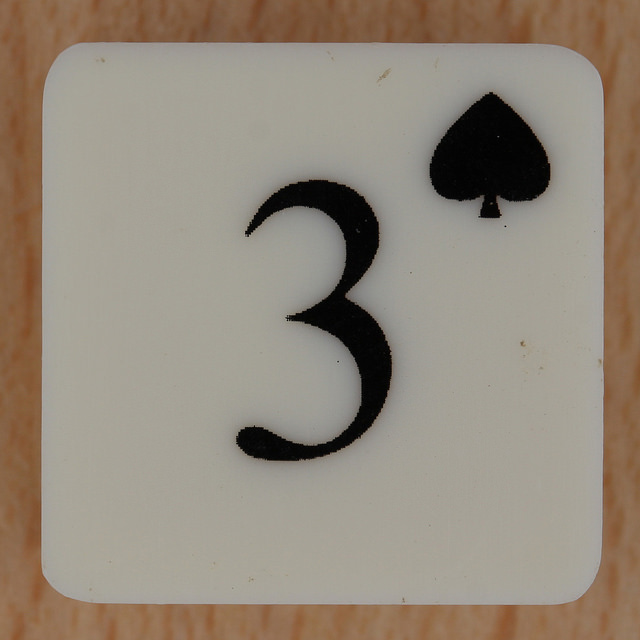Peer Review Assignment

Due: Sunday 9/25
Consult the table below. Find your name in the right-hand column; you will review the Unpacking Manuel’s page written by the student named in the left-hand column.
Read the student’s Unpacking Manuel’s page and the subpage outlining their research process carefully. Then create a document in the shared Google folder for the class with “[Student you are reviewing name] Unpacking Manuel’s” as the title for the document. In that document, leave feedback for the student that describes what you see as a reader by completing the following steps:
- In a sentence, state the controlling idea or thesis of the essay.
- Make an outline of the essay (it’s fine for this to be a straightforward bulleted list of the major pieces of the argument).
- List the kinds of evidence the student uses to support their claims.
- Identify any questions that you felt the analysis raises, or that are raised in the research process page, but that you felt were not answered or that need additional explanation. You don’t need to know the answers to the questions, but identify questions you are left with after finishing your reading.
- Evaluate whether the student’s analysis does or does not meet the criteria established in the assignment prompt. (Note, this is not the same as judging whether the essay is good or not, but instead is an application of the criteria outlined in the assignment prompt to help the student notice any place where she or he has not fulfilled the terms of the assignment.)
Once your peer has left a completed review document for you, read it over and note any questions you have about the feedback you receive.
Check the list of conference times and sign up for an individual appointment. When you meet with me, be prepared to discuss your draft, the feedback you received, and any questions you have about those.








